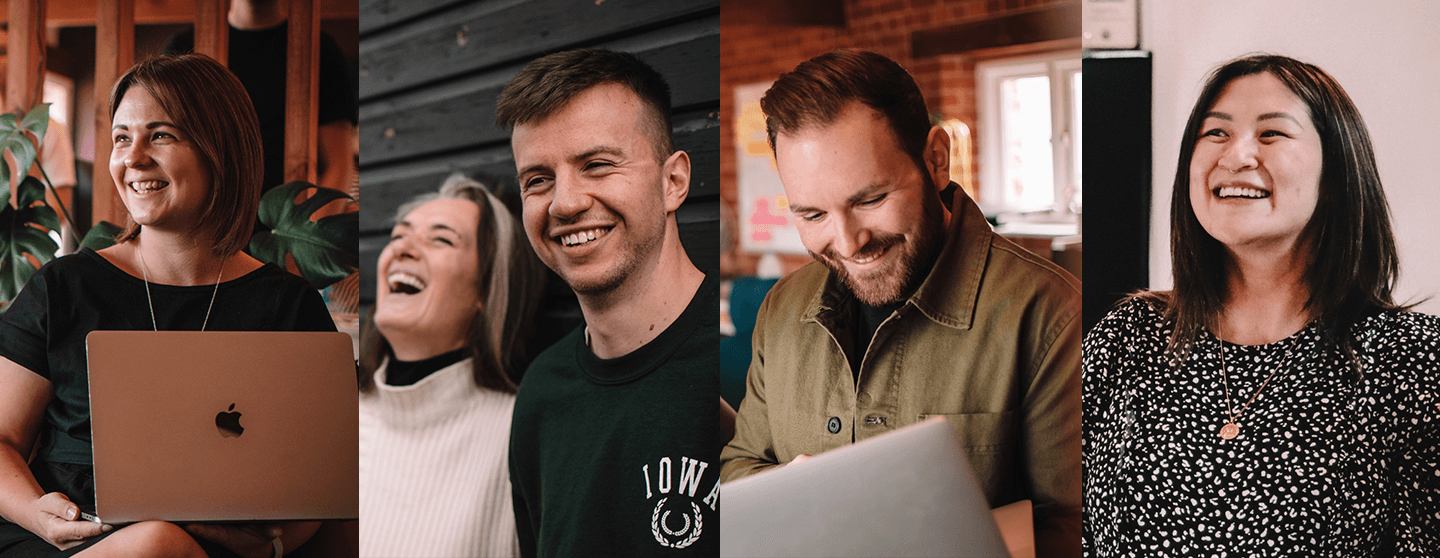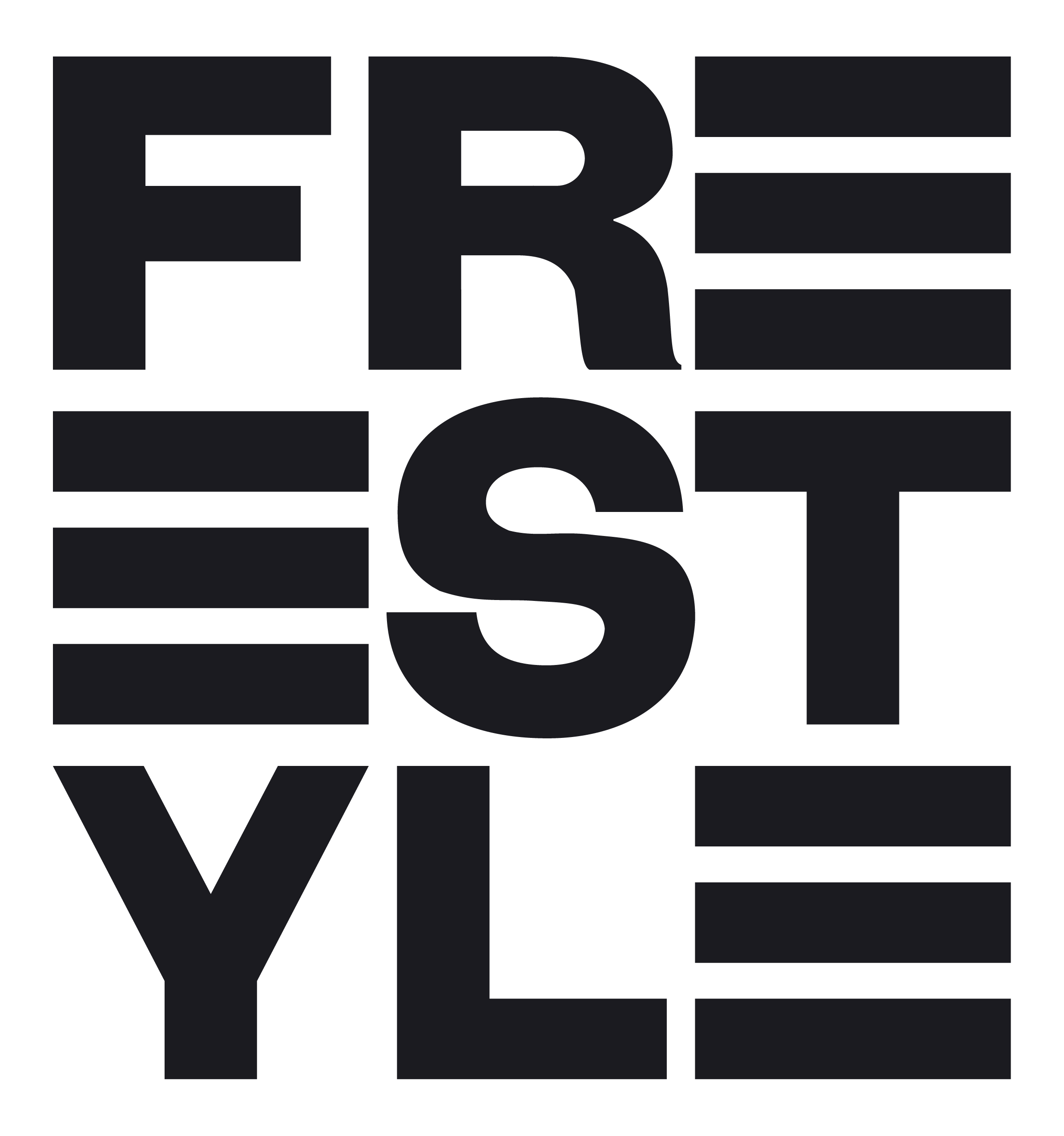

Freestyle Interactive Ltd

Warwickshire, United Kingdom
March 2024
Other info service activities
Service with Minor Environmental Footprint
United Kingdom
Freestyle is an independent, people-focused, digital agency specialising in UX, design and build for web and mobile. Our goal is to have a successful business that everyone can benefit from. We strive to exceed our clients' expectations and to take pride in our work. We create and build things that solve real-life problems, and enjoy ourselves while doing it. We pride ourselves on being female led, and with over 27 years experience our mission remains clear and focused: to consistently deliver exceptional value and create positive, memorable outcomes for our clients, our people, and our shareholders. Rooted in our core values, we are committed to making fair and ethical decisions that drive sustainable success. We strive to exceed expectations and leave a lasting impact in everything we do. Together, we build a brighter future where success is shared and integrity thrives.
Overall B Impact Score
Governance 20.2
Governance evaluates a company's overall mission, engagement around its social/environmental impact, ethics, and transparency. This section also evaluates the ability of a company to protect their mission and formally consider stakeholders in decision making through their corporate structure (e.g. benefit corporation) or corporate governing documents.
What is this? A company with an Impact Business Model is intentionally designed to create a specific positive outcome for one of its stakeholders - such as workers, community, environment, or customers.
Workers 32.8
Workers evaluates a company’s contributions to its employees’ financial security, health & safety, wellness, career development, and engagement & satisfaction. In addition, this section recognizes business models designed to benefit workers, such as companies that are at least 40% owned by non-executive employees and those that have workforce development programs to support individuals with barriers to employment.
Community 17.3
Community evaluates a company’s engagement with and impact on the communities in which it operates, hires from, and sources from. Topics include diversity, equity & inclusion, economic impact, civic engagement, charitable giving, and supply chain management. In addition, this section recognizes business models that are designed to address specific community-oriented problems, such as poverty alleviation through fair trade sourcing or distribution via microenterprises, producer cooperative models, locally focused economic development, and formal charitable giving commitments.
Environment 12.6
Environment evaluates a company’s overall environmental management practices as well as its impact on the air, climate, water, land, and biodiversity. This includes the direct impact of a company’s operations and, when applicable its supply chain and distribution channels. This section also recognizes companies with environmentally innovative production processes and those that sell products or services that have a positive environmental impact. Some examples might include products and services that create renewable energy, reduce consumption or waste, conserve land or wildlife, provide less toxic alternatives to the market, or educate people about environmental problems.
Customers 3.8
Customers evaluates a company’s stewardship of its customers through the quality of its products and services, ethical marketing, data privacy and security, and feedback channels. In addition, this section recognizes products or services that are designed to address a particular social problem for or through its customers, such as health or educational products, arts & media products, serving underserved customers/clients, and services that improve the social impact of other businesses or organizations.